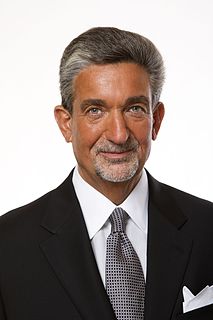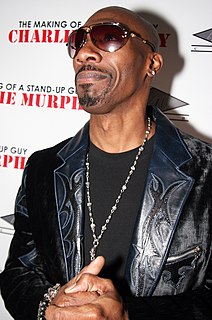A Quote by Tim Berners-Lee
That idea of URL was the basic clue to the universality of the Web. That was the only thing I insisted upon.
Quote Topics
Related Quotes
a novel is not born of a single idea. The stories I've tried to write from one idea, no matter how terrific an idea, have sputtered out and died by chapter three. For me, novels have invariably come from a complex of ideas that in the beginning seemed to bear no relation to each other, but in the unconscious began mysteriously to merge and grow. Ideas for a novel are like the strong guy lines of a spider web. Without them the silken web cannot be spun.
You have to be able to connect to the world of archetypes. That is not so easy, and most people in the West have no clue, that that is necessary, because they have no clue of what that means. They see the image, they see Buddha here, but they don't see what the image represents. Its one thing to see with this physical eyes, it's another thing to see with this spiritual eye.
































